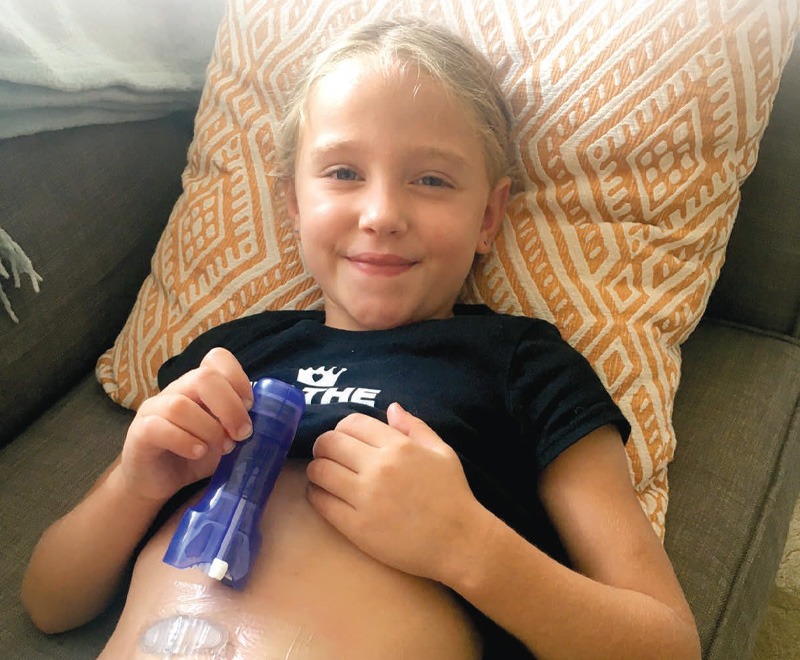An Update on Migraine Prophylaxis

The race is on to develop new medications that effectively block pain receptors to help reduce the suffering of migraineurs.
Effects of COVID-19 on Medical Resources

The pandemic has left the healthcare system with staffing and revenue shortages, as well as supply chain management challenges, that are expected to extend into the foreseeable future.
Fact or Fiction: Debunking the Myths Surrounding IG Therapy Improves Patient Outcomes

Experts set the record straight about common misunderstandings regarding IVIG and SCIG products, their administration and possible reactions.
Study Shows COVID-19 Infection Correlates with Autoimmune Markers

A new study demonstrates how severe acute respiratory syndrome coronavirus disease 2 (SARS-CoV-2) infection could be associated with an autoimmune response and development of autoantibodies.
Transition from Clinic- to Home-Based IVIG/SCIG Is Successful to Decrease Exposure to COVID-19

Transition of clinic-based to home-based intravenous immune globulin (IVIG)/subcutaneous IG (SCIG) infusion can be successfully done to decrease potential exposure during a pandemic in a high-risk immunosuppressed population.
Studies Reveal Antibody Responses of Pregnant Women Infected with SARS-CoV-2

Two recent studies effectively determined the antibody responses of pregnant women infected with SARS-CoV-2 and the effect of the fetal sex on those responses, as well as the direct clinical implications for COVID-19 infection and future maternal-fetal vaccination strategies.
The Current Challenge of Immune Globulin Access

Understanding the factors contributing to the current shortage of immune globulin could help to address a crisis that threatens dire consequences for patients.
Interpreting Payment Rule and Revenue Cycle Terminology

Understanding terms used in rule sets pertaining to payment for inpatients, which go into effect during the fiscal year effective Oct. 1, as well as outpatient and physician fee services, which go into effect during the calendar year effective Jan. 1.
Universal Flu Vaccines Advance from Concept to Clinical Trials

“Scientists have identified components of the influenza virus that do not really change muchat all. The critical challenge is getting a vaccine to induce a response to those components.”
— Anthony Fauci, MD, Director, National Institute of Allergy and Infectious Diseases
The Rise of Metabolic Syndrome: A Cause for Concern

An abundance of food and low activity levels have resulted in an increasing prevalence of metabolic syndrome that causes serious health risks.